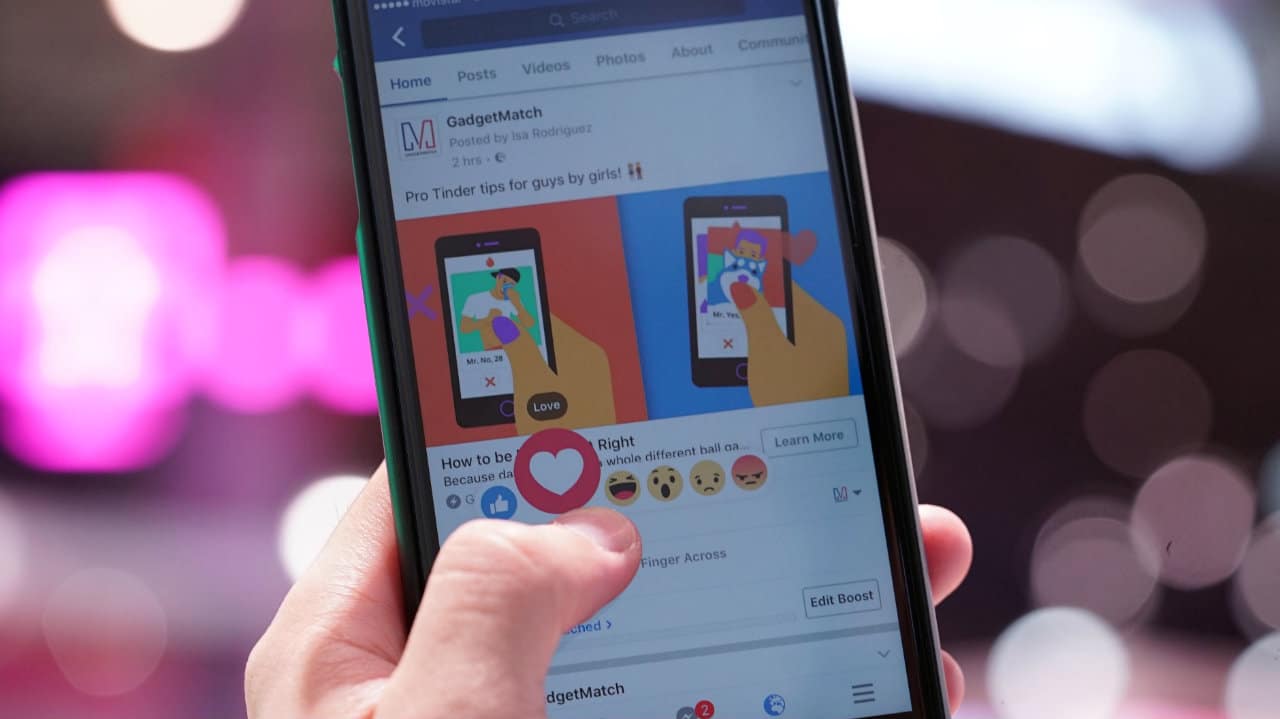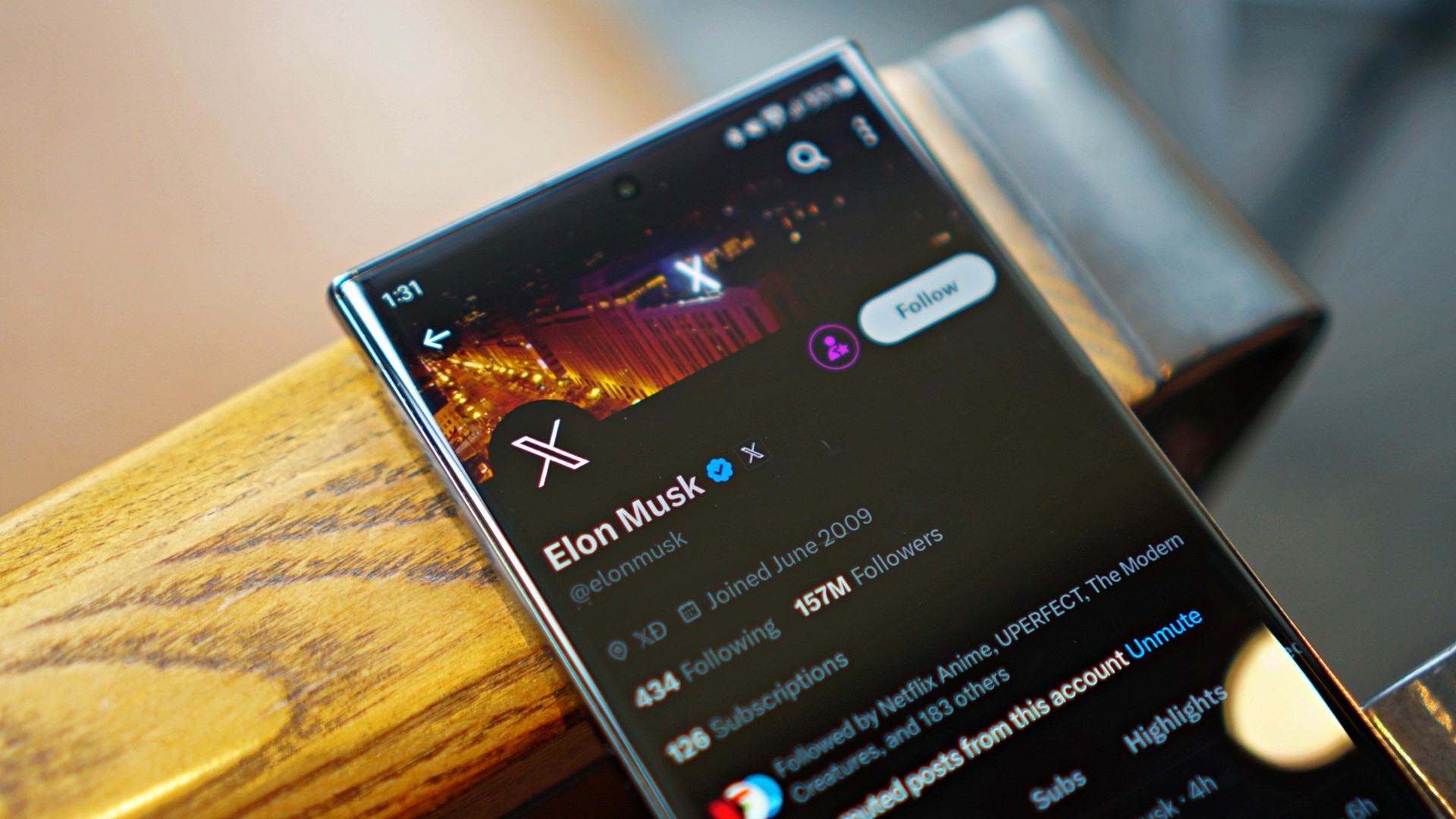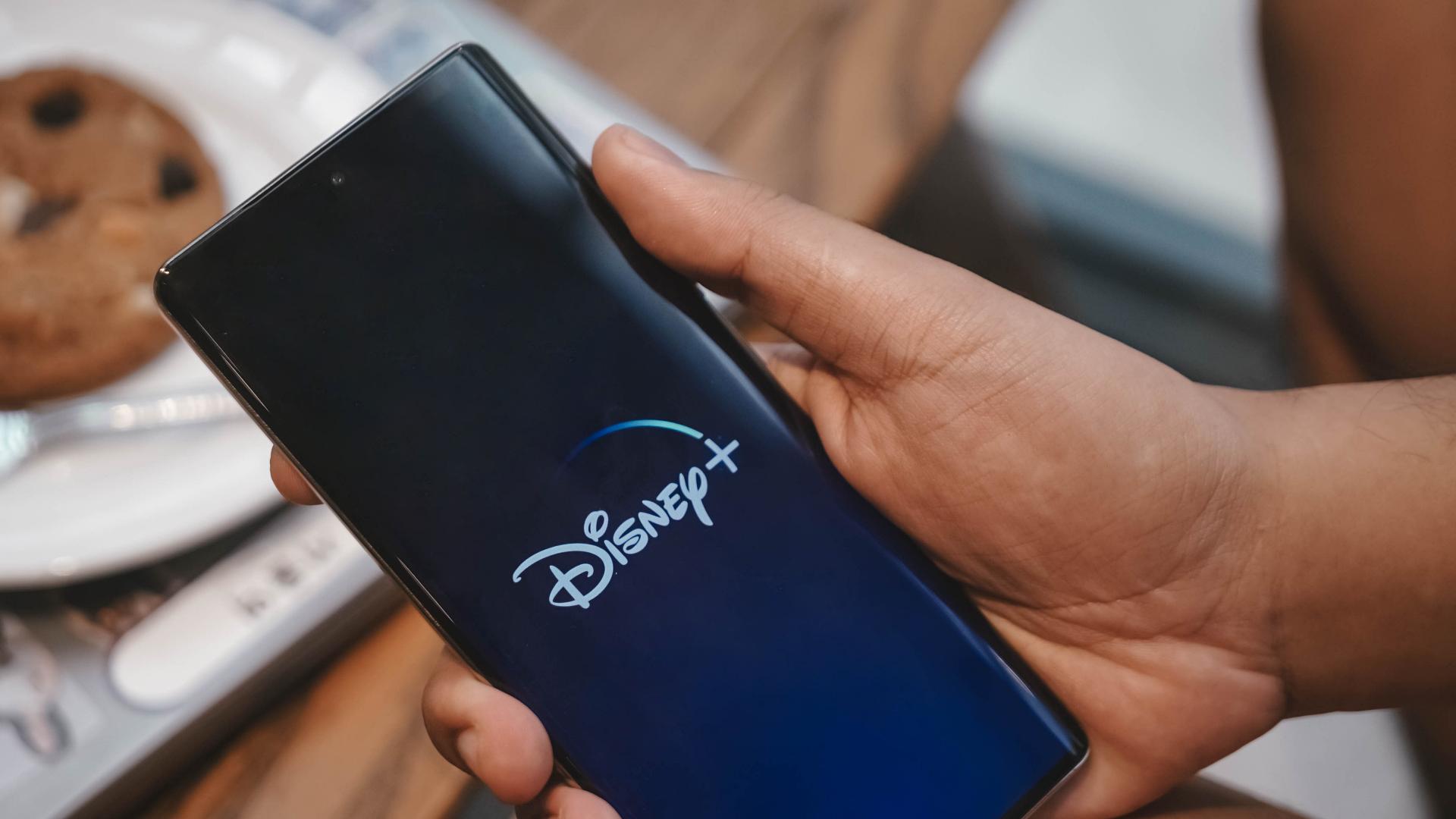Apps
Love means more than just a like, even on Facebook

Love is worth more than a like. This is generally true, and now it also applies on Facebook.
Reactions such as “love” will now have more weight on your news feed versus a simple like. This means if you choose to “love” a post, you’re essentially telling Facebook to show you more of that kind of post.
The largest social network recently said in a statement that leaving a “reaction” indicates a “stronger signal that they’d want to see that type of post than if they left a Like on the post”. It makes sense since it takes extra effort to react on a post (long press or hover) compared to just liking it (one click or tap).
It has also been a year since Facebook has given us these little emojis, so they have had enough time to sift through the data.
Does it differ from one reaction to another? Right now, the answer is no. It doesn’t matter whether you “haha,” “wow,” or even choose “angry” on a post. If you choose to react against just like, it’s a cue to the news feed that you want to see more of that kind of post.
So, if you want to teach your news feed what you want to see, be careful what you react to. Keep in mind that you still have some control over what you see by tweaking your news feed settings.
Love is love is love
Facebook also revealed that among the reactions, “love” is the most used ever since the feature launched. It says “love” accounts for “more than half” of all the reactions used so far.
Sure, the reaction appears right next to “like” making it easier to reach, but it’s nice to know that despite all the hate on the internet, people are still spreading the love.
Sources: Mashable, The Next Web
[irp posts=”7801″ name=”Facebook reinforces privacy and security amid growing threats”]


New users on X might soon face a tough time on the platform. The social media website will likely start charging new accounts a small fee for the right to post on the platform.
Now, the fee isn’t a new one. Almost six months ago, the company tested the paid system in New Zealand and the Philippines. New users in those countries had to pay a dollar per year for the ability to post and reply to content.
As spotted by X Daily News on the same platform, the company might be ready to take the experiment to a larger market. New text strings have shown that the policy is rolling out worldwide.
SPECULATION: X might be expanding its policy to charge new users before they reply/like/bookmark a post https://t.co/odqeyeiHBx pic.twitter.com/EU71qlwQ0D
— X Daily News (@xDaily) April 15, 2024
The policy is designed to combat a wave of bots appearing on the platform. By preventing new accounts from creating posts, X hopes to stave off the standard behavior of bots these days. You might have noticed them as OnlyFans creators in unrelated posts, peddling NSFW content on their bio.
Though the global rollout was only just spotted, owner Elon Musk has seemingly confirmed the change. Replying to X Daily News, Musk says that it is “the only way to curb the relentless onslaught of bots.” He says that the current breed of bots can easily bypass simple checks these days.
Apps
Disney+ might get always-on channels similar to cable TV
Featuring content from Marvel, Star Wars, and classic Disney

The burden of choice on streaming platforms is real. If you’re like us, you’ve spent hours just mindlessly scrolling through titles on Netflix or Disney+ without watching anything. Netflix, at least, has a Play Something button to fight off that irresistible urge. Now, Disney+ is reportedly trying something different: always-on channels.
If you already cut cable from your lives, you’re likely missing traditional channels or networks that have pre-determined programming. It was a flawed system that eventually ended up with mediocre content and a downpour of ads. However, cable did allow us to keep watching without deciding what comes next.
Now, according to The Information, Disney+ is working on adding those channels to its streaming service. Naturally, these channels will include content from the platform’s library such as Marvel, Star Wars, and its list of classic animated films.
Strangely, the reported feature might still have ads in between programs. Though the addition of ads does mean a better similarity with real television, users still have to be paying subscribers to access the channels. Even if you’re already paying for Disney+, you might still get hit with ads.
Disney has not confirmed the reports yet. The platform might launch a version of the feature outside of the scope included in this report. It’s also unknown when these always-on channels will launch.
SEE ALSO: Macross to be available on Disney+
A few years ago, Apple unleashed one of the most interesting features for the iPhone today: Emergency SOS. Designed for those who like their fair bit of the outdoors, Emergency SOS allows users to contact emergency services without network coverage. Other manufacturers, however, are struggling to adopt the same feature. Now, Google might soon join Apple in providing satellite connectivity for its users.
Despite the convenience, satellite connectivity hasn’t taken off as much as the industry expected it to. For one, a network of satellites isn’t the easiest thing to maintain. Apple is still currently offering its services for free, a gamble that may or may not pay off. Now, the iPhone maker won’t be alone.
According to Android Authority, Google might start offering the same service to Pixel 9 users. Starting with this year’s upcoming flagship, the company is reportedly teaming up with T-Mobile to create satellite connectivity for its users. The telecommunications network is teaming up with SpaceX for the feature.
The same report describes how the feature might work. Once activated, the feature will ask users of their situation: is everyone breathing, are people trapped, are weapons involved, among others. The phone will then relay this information to emergency authorities for a rapid response.
Unfortunately, pricing remains a mystery. While Apple is still offering its satellite connectivity for free, other brands might put the burden of cost on the end user. Hopefully, they won’t, but a paid version is unfortunately expected at this point.
SEE ALSO: Should you be excited for Apple’s satellite connectivity?
-

 Accessories2 weeks ago
Accessories2 weeks agoApple Vision Pro Review: Two Months Later
-

 Features5 days ago
Features5 days agoFortify your home office or business setup with these devices
-

 Gaming1 week ago
Gaming1 week agoThe Rogue Prince of Persia looks like an ultra-colorful roguelite
-

 Philippines2 weeks ago
Philippines2 weeks agovivo Y100 to release in Philippines on April 27
-

 Gaming1 week ago
Gaming1 week agoStar Wars Outlaws release date revealed
-

 Events1 week ago
Events1 week agoStellar Blade: PlayStation taps cosplayers to play Eve for game’s launch
-

 Accessories1 week ago
Accessories1 week agoLogitech unveils G Pro X 60 gaming keyboard: Price, details
-

 Deals2 weeks ago
Deals2 weeks agoSamsung Awesome April: Deals on Galaxy A series

























